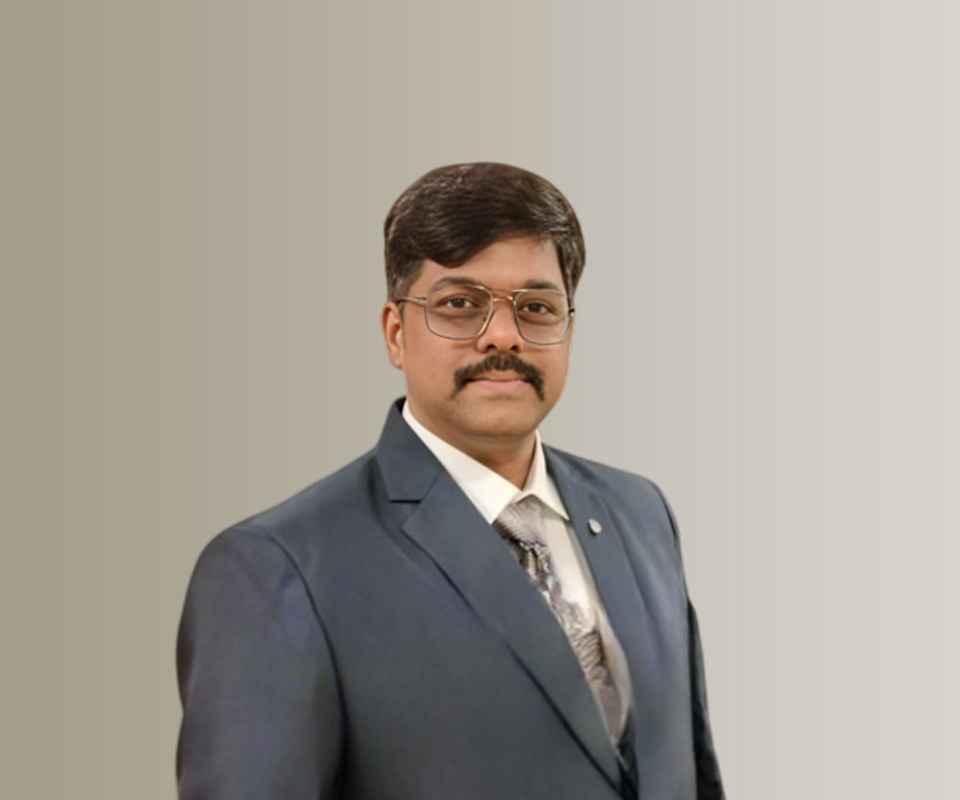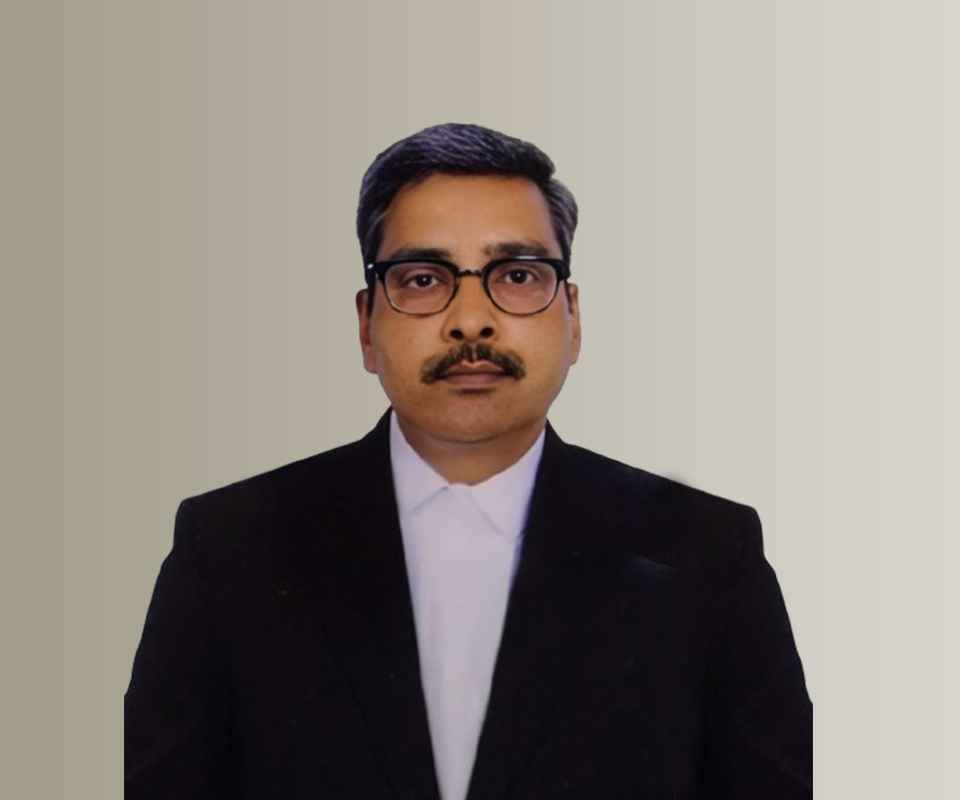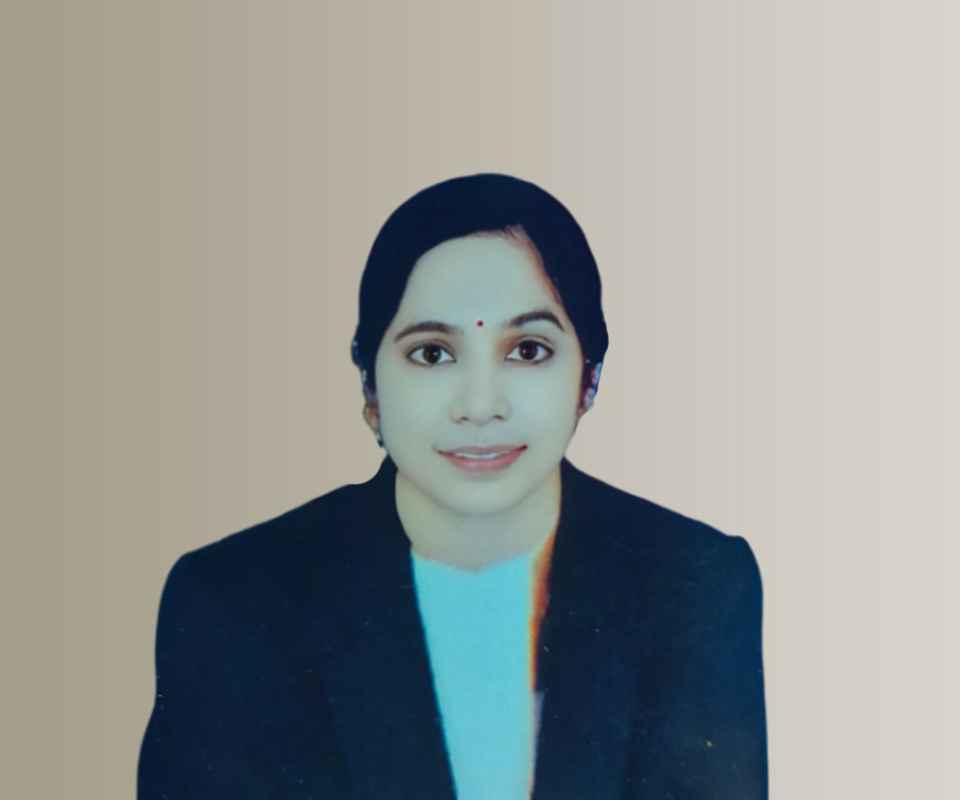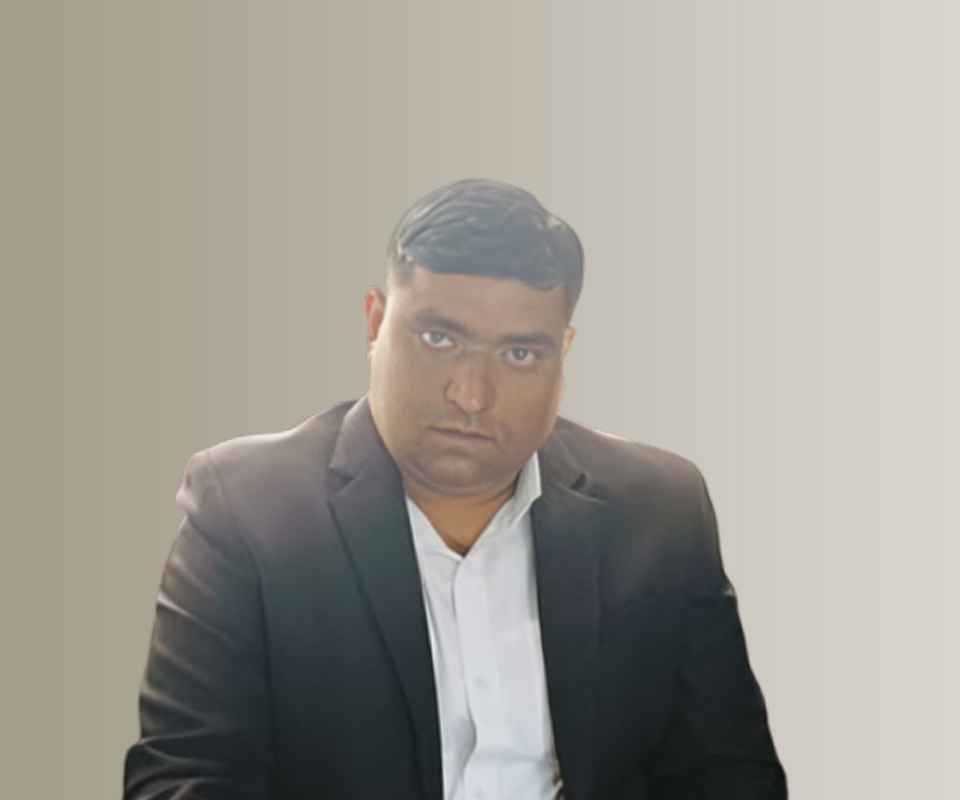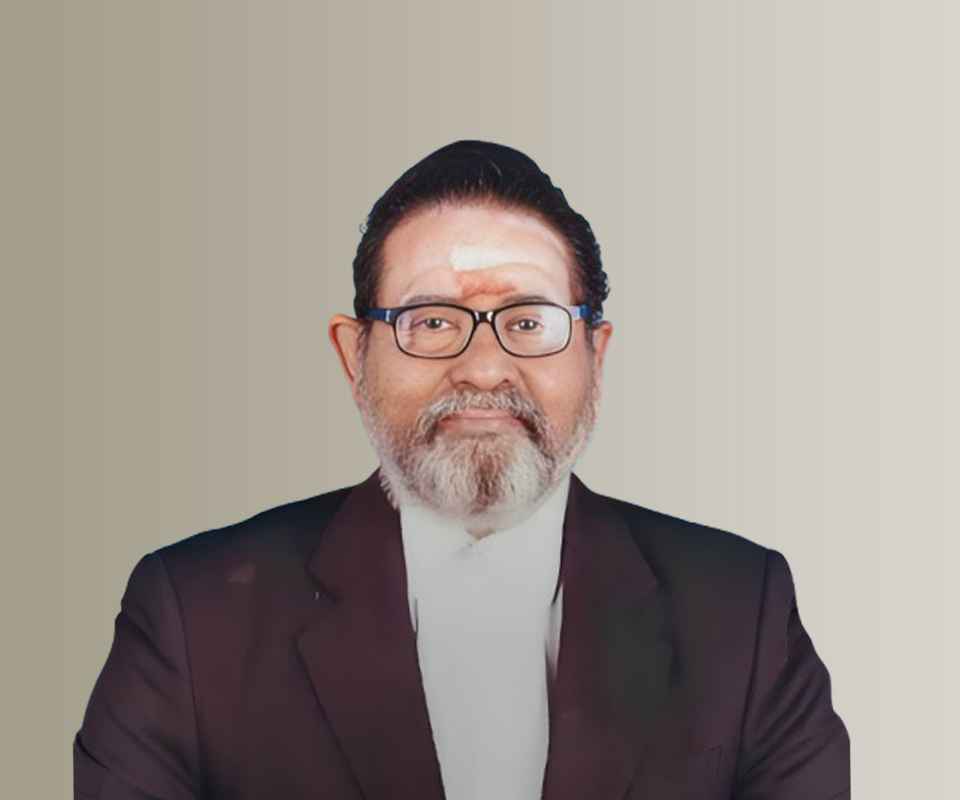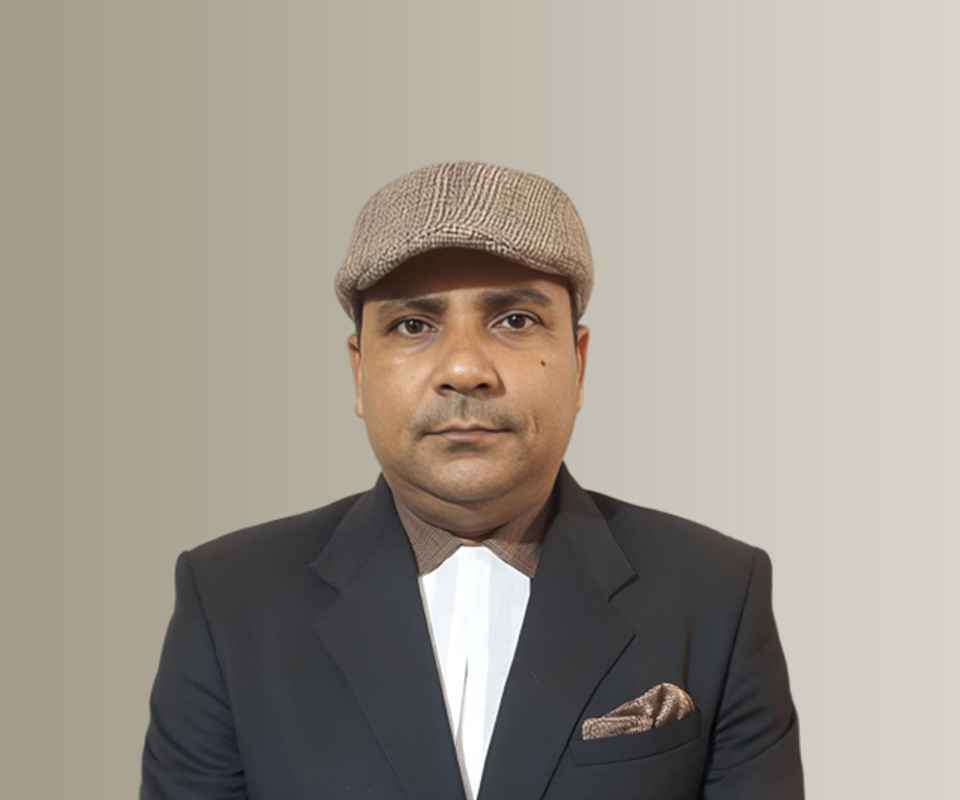Answer By law4u team
Constitution Of India Article 133: Appellate Jurisdiction of Supreme Court in Appeals from High Courts in Regard to Civil Matters
{2}(1) An appeal shall lie to the Supreme Court from any judgment, decree, or final order in a civil proceeding of a High Court in the territory of India {3}[if the High Court certifies under article 134A—] (a) that the case involves a substantial question of law of general importance; and (b) that in the opinion of the High Court the said question needs to be decided by the Supreme Court.
(2) Notwithstanding anything in article 132, any party appealing to the Supreme Court under clause (1) may urge as one of the grounds in such appeal that a substantial question of law as to the interpretation of this Constitution has been wrongly decided.
(3) Notwithstanding anything in this article, no appeal shall, unless Parliament by law otherwise provides, lie to the Supreme Court from the judgment, decree, or final order of one Judge of a High Court.
NOTE
2. Subs. by the Constitution (Thirtieth Amendment) Act, 1972, s. 2, for cl. (1) (w.e.f. 27-2-1973). 3. Subs. by the Constitution (Forty-fourth Amendment) Act, 1978, s. 18, for if the High Court certifies.— (w.e.f. 1-8-1979).
Brief Detail
Article 133 allows an appeal to the Supreme Court from the judgment of a High Court in civil matters, if the High Court certifies that the case involves a substantial question of law of general importance and that the matter needs to be decided by the Supreme Court. Additionally, the appellant may raise the issue of constitutional interpretation as part of the appeal. The article further states that no appeal shall lie from a judgment of a single Judge of a High Court unless allowed by Parliament.
Question & Answers
What are the conditions for an appeal in civil matters to the Supreme Court from a High Court?
An appeal can be made if the High Court certifies that the case involves a substantial question of law of general importance and that the question needs to be decided by the Supreme Court.
Can an appellant raise a constitutional issue in an appeal under this article?
Yes, an appellant may urge that a substantial question of law regarding the interpretation of the Constitution has been wrongly decided in the High Court judgment.
Can an appeal be made from a judgment of a single Judge of a High Court?
No, unless allowed by Parliament, no appeal shall lie to the Supreme Court from the judgment of a single Judge of a High Court.
Example
For instance, if a High Court judgment in a civil matter raises a significant question of law, the Court can certify the case for appeal to the Supreme Court, provided it meets the criteria of general importance and the need for the Supreme Court's intervention.
Summary
Article 133 allows appeals from High Courts in civil matters to the Supreme Court if a substantial question of law of general importance is involved. It also grants the right to appeal on constitutional interpretation and limits appeals from judgments by single High Court judges unless otherwise permitted by law.
